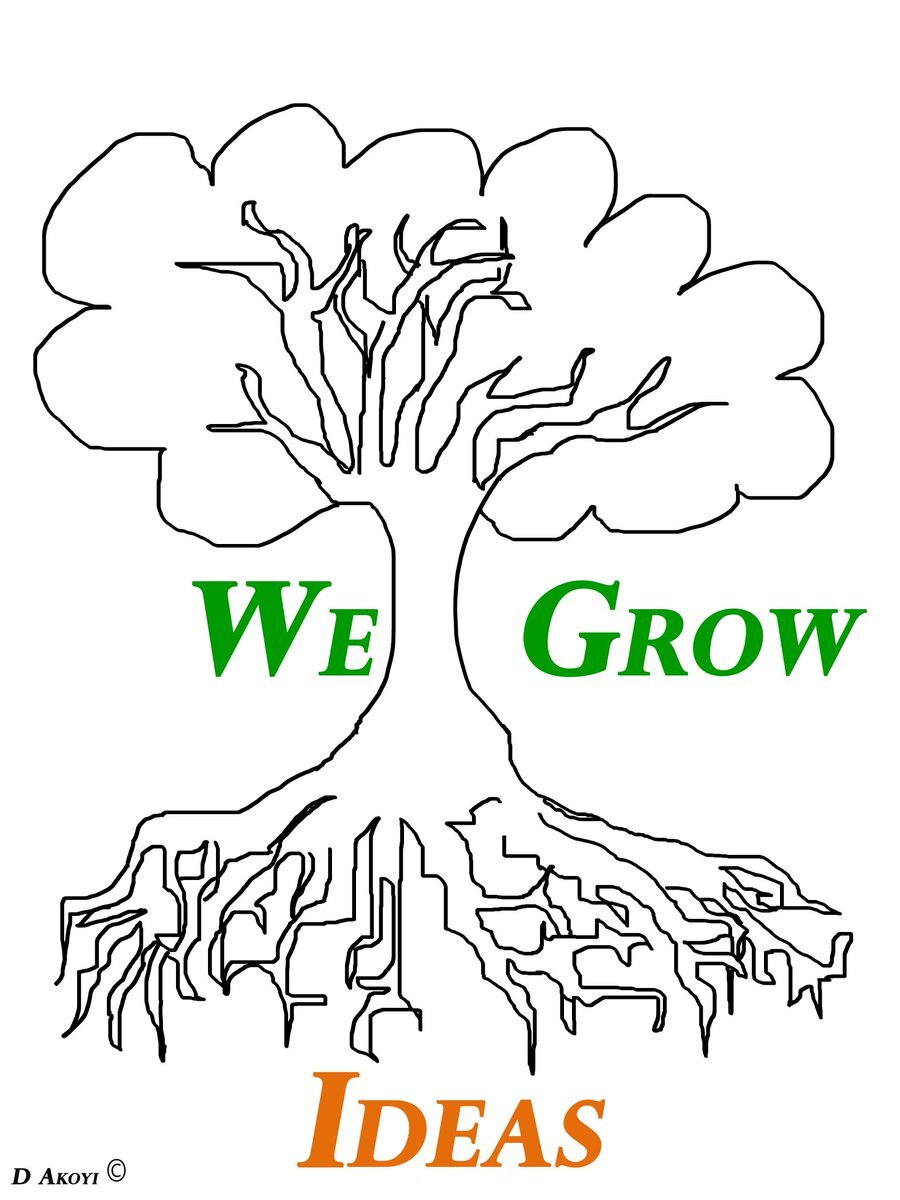What comes into mind whenever you see an African girl or woman?
Pity? Admiration? Envy? Struggles? Resiliency?
Hello and welcome to African Women in Novels. A series of blog posts where I guide you on a unique literary journey by reviewing books and engaging in insightful discussions about the portrayal of African Women in novels. My goal is to explore how the women who have gained an education are navigating the two worlds they live in. The world of educated career women, and that of social expectations of them.
Why my Interest in African Women?
I'm a creative writer and your facilitator through this fascinating world of African women, as depicted in novels. I achieve this by delving deep into their stories: where they are coming from in terms of their community, and cultural practices of individuals within that community or society. For example, what is the cultural definition of being a successful woman, Vs expectations of success in our contemporary world?
My passion for literature, especially African novels, springs from my background.
I was born and raised in Kenya, where I gained my primary, secondary, and university education in sociology and anthropology. Having a lot of curiosity about events in society, I have always written stories as the way to clear my mind, make space to see more events. While at university, I had my work published in an Anthology, and several articles in the local daily newspapers and magazines.
My curiosity about relations between individual behaviour and social expectations increased while I worked in the natural resources management sector. Most of my tasks involved training local communities who rely on land and other natural resources to provide for their livelihoods.
The more I interacted with these men and women, the more my curiosity grew as I continued to see disparities in the ways they took part, even in situations where they had similar levels of education and opportunities.
The question which has persisted to date is how girls and women with higher education manage to operate in two different worlds: meet demands for their career growth while satisfying social expectations of them as female members of society. Is that even possible?
While living in North America, I anticipated a different experience because the law upholds gender equality. However, I continue to notice that many women are still striving to gain a balance between career demands and societal expectations of them. A similar notion continues to persist in literature, whereby writers portray women and men in diverse ways. The views and perceptions of the African girl and woman vary depending on the perspectives or lenses that the writers use to view them, to view us.
That's why I will review novels and share my insights into the portrayal of African women in each book, while reflecting on the diverse experiences and cultures across the African continent.
Subsequently, I will explore a diversity of themes, including gender inequality, education, change and adaption, personal journeys and transformations, the intersectionality of experiences, strength and resilience, cultural richness, the impact of colonialism and post-colonialism, contemporary innovations, culture and identity, romance, marriage and motherhood, and political and social activism, among many others.
Why have you put your novels first?
My main reason is because that is where this story begins, the story of noticing that African women with higher education live in two conflicting worlds. When I read my novels, I get surprised by how I portray women, something which never crossed my mind while I authored the books.
The second reason is that it is better to practice with my own novels before I move onto those of other authors.
So far, what I am learning is that the portrayal of African women in literature is important. These stories aren't just narratives, they are gateways to understanding diverse cultures, identities, and experiences. They challenge perceptions and bring to light the rich diversity of African life, both within Africa and in the diaspora.
So, let's embrace this journey together.
Whether you're a development worker seeking a deeper understanding of African women, or a provider of services or products to African girls and women, or simply a curious soul eager to explore new perspectives, you're in the right place. Subscribe below. suggest books for me to read, share your thoughts, and let's unfold the stories of African women, one page at a time.
Until the next post, go read a book.

